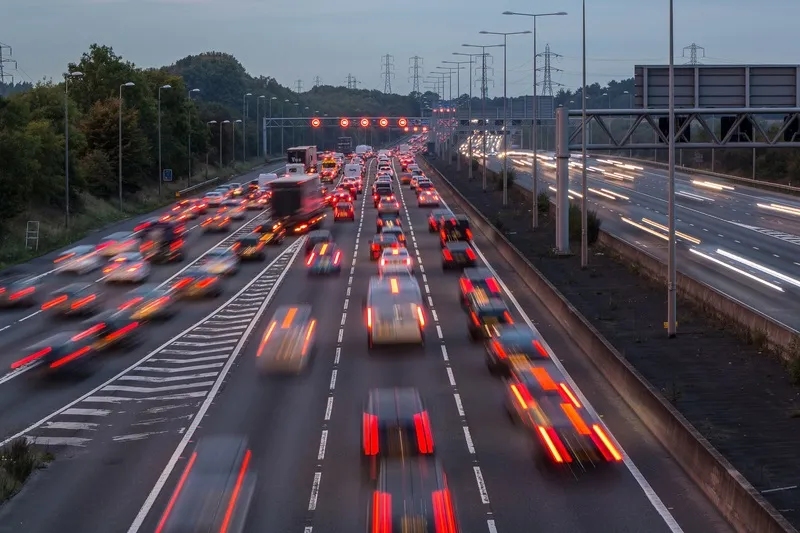In a bid to tackle the growing problem of collisions caused by deer, transport officials in the Japanese island of Hokkaido have taken drastic action. As well as spraying wolf urine near roads and railways they will also be broadcasting the roar of lions to try to keep the deer away. A spokesman for Nexco East, which runs the island's highways, said: 'Even though we have increased the height of fences to 2.5 metres from 1.5 metres, fences sometimes break because of heavy snow, so we need this stop-gap measu
June 26, 2013
Read time: 2 mins
In a bid to tackle the growing problem of collisions caused by deer, transport officials in the Japanese island of Hokkaido have taken drastic action. As well as spraying wolf urine near roads and railways they will also be broadcasting the roar of lions to try to keep the deer away.
A spokesman for Nexco East, which runs the island's highways, said: 'Even though we have increased the height of fences to 2.5 metres from 1.5 metres, fences sometimes break because of heavy snow, so we need this stop-gap measure while mending them.
Hokkaido Railway Company earlier this year erected equipment that broadcasts the roar of lions in an effort to keep the timid animals away from its tracks, a spokesman said. He added there were 2,581 incidents involving deer last year, a figure that had doubled in less than a decade.
A spokesman for Nexco East, which runs the island's highways, said: 'Even though we have increased the height of fences to 2.5 metres from 1.5 metres, fences sometimes break because of heavy snow, so we need this stop-gap measure while mending them.
Hokkaido Railway Company earlier this year erected equipment that broadcasts the roar of lions in an effort to keep the timid animals away from its tracks, a spokesman said. He added there were 2,581 incidents involving deer last year, a figure that had doubled in less than a decade.









